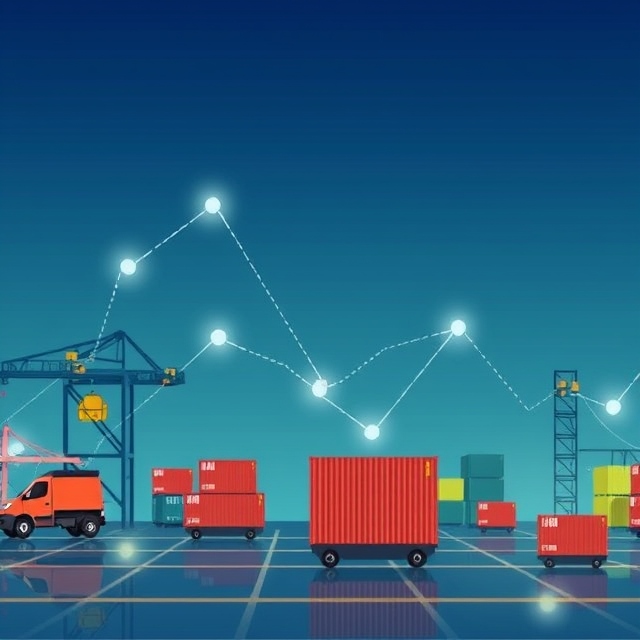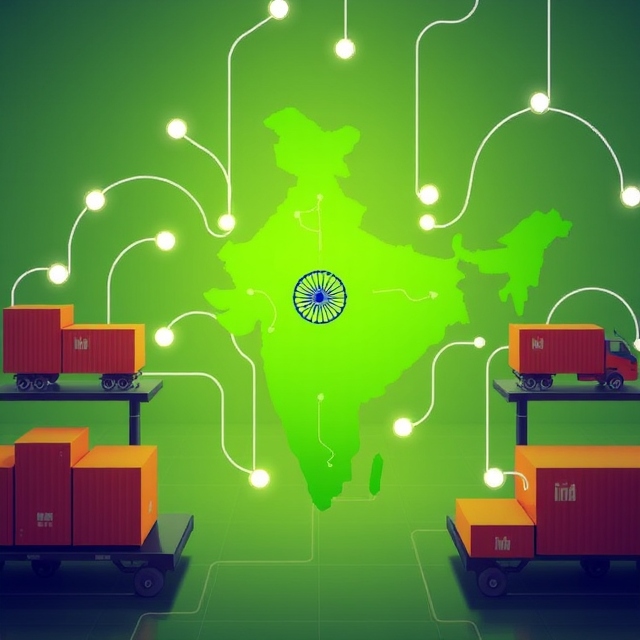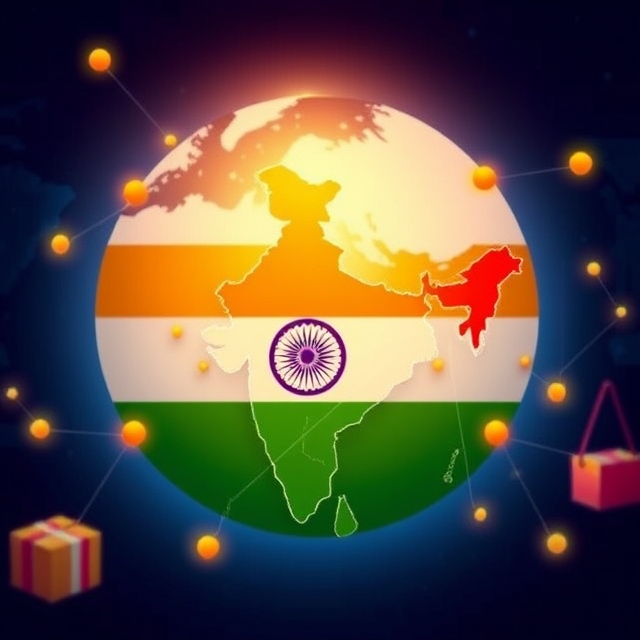Introduction
India, with its diverse economy, abundant workforce, and strategic geographical location, has emerged as a key player in global supply chain networks. As the world increasingly seeks alternative manufacturing and supply chain hubs, India’s potential as a global leader is more evident than ever. With proactive government policies, advancements in technology, and growing infrastructure, the country is positioning itself as a crucial link in the global value chain.
1. Geostrategic Location
- Access to Key Markets: India’s proximity to major global markets in the Middle East, Southeast Asia, and Europe makes it a hub for trade and commerce.
- Port Connectivity: With 12 major and over 200 minor ports, India facilitates efficient maritime trade, linking supply chains across continents.
- Emerging Trade Corridors: Initiatives like the India-Middle East-Europe Economic Corridor (IMEC) strengthen India’s position as a transit and logistics hub.
2. Government Initiatives and Policies
- National Logistics Policy (NLP): Aims to reduce logistics costs and improve supply chain efficiency.
- Atmanirbhar Bharat (Self-Reliant India): Encourages domestic manufacturing while fostering global collaborations.
- Bilateral and Multilateral Agreements: Trade pacts with countries like the US, UAE, and Australia open doors for smoother supply chain integration.
- Tax Reforms: GST has simplified interstate goods movement, reducing delays and costs.
3. Technology Adoption in Supply Chains
- Digital Transformation: AI, blockchain, and IoT are driving efficiency and transparency in supply chains.
- E-Commerce Growth: Platforms like Amazon, Flipkart, and JioMart are revolutionizing last-mile logistics and inventory management.
- Startups and Innovations: A vibrant startup ecosystem is introducing disruptive solutions in logistics, warehousing, and transportation.
Challenges to Overcome
- Rural connectivity and port modernization require continued investment.
- Logistics expenses in India are higher than global benchmarks, impacting competitiveness.
- Streamlining bureaucratic processes is essential for seamless global trade.
- Addressing environmental impact through green logistics is critical for long-term growth.
India’s emergence as a strategic player in global supply chain networks is driven by its geostrategic location, skilled workforce, robust manufacturing base, and proactive policies. While challenges remain, the country’s ongoing efforts to improve infrastructure, embrace technology, and promote sustainable practices are positioning it as a critical hub in the global value chain. As the world navigates economic uncertainties and seeks resilient supply chains, India’s role is set to grow even further.


